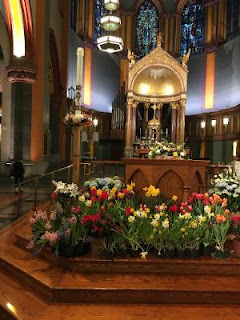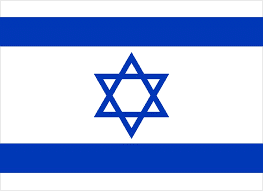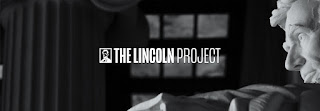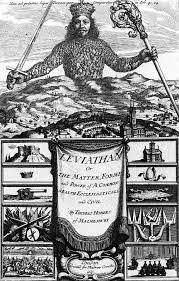So often we feel overwhelmed by problems and so react passively, as if we were silent spectators in the story of our lives. It was not easy for the early Christians to reassess their inherited assumptions about the necessity of circumcision and Jewish observance. But they were empowered to do so by the power of the Risen Christ continually present and active in his Church through the Holy Spirit, teaching them, then as now, how to interpret new experiences.
For Jews in the ancient world, one of the most fundamental realities was the division of the world into Jews and Gentiles. The first Christians, of course, were themselves all Jews – Jews, who had come to believe that Jesus was the Messiah sent by God to fulfill the promises made to Israel.
So imagine the surprise when Gentiles started responding to the good news about Jesus and asking for baptism! As we just heard, there arose no little dissension and debate [cf. Acts 16:1-6]. Now, it was always possible, of course, for a Gentile to cross over to Judaism – to become what we might call a “naturalized” Israelite, circumcised according to Mosaic practice, separated from the Gentile world. Yet Peter himself at least once occasion and now Paul and Barnabas on a more regular basis had proclaimed the gospel to Gentiles and had baptized them – without requiring them to become Jews first. How was this possible?
No one should underestimate how unexpected and difficult this development was and how disruptive it was in the life of the early Church.
And yet, faced with a crisis they certainly had not been expecting and for which nothing in their previous background had apparently prepared them, but on which the entire future of Christianity was going to depend, that first generation of Christians nonetheless faced the challenge to resolve the problem in a radically new way, reassessing everything they had assumed up until then in light of the fundamental experience they shared with the Gentile converts – faith in the Risen Lord Jesus Christ.
Tomorrow, we will hear how they solved the problem, but how they did so is just as important.
In the ancient Mediterranean world of small city-states, the greatest thing one could be was a citizen, entitled to participate in community discussion and debate. But citizenship as an active way of life (as opposed to just passive possession of rights and privileges) had seriously deteriorated as small city-states had been absorbed into one enormous empire, and people had lost the sense that they could accomplish anything through political participation. Yet, faced with the unexpected, the Christians felt able to resolve it by confidently open discussion and debate. Their confidence, of course, was in the Holy Spirit, the Risen Christ’s gift to his Church.
Homily for Wednesday of the 5th Week of Easter (Commemoration of Saint Damien de Veuster), Saint Paul the Apostle Church, NY, May 10, 2023.




